CREED
Why CREED ?
Economic processes, which are increasingly disconnected from national policies, serve first and foremost a globalizing ideology that prioritizes accumulation to the detriment of natural, human and financial resources. Waste and destruction of wealth, explosion of inequality and degradation of living conditions are the direct consequences. Reasonable growth, based on responsible management of resources, is a prerequisite for an optimistic vision of the future.
The challenges are huge and will only be met if human audacity, creativity and imagination coalesce with deep understanding of the complexity of our societies, environments and diversity.
Paradoxically, these planetary challenges come at a time when technological progress has never been so promising! The dematerialization of many goods and services, coupled with an explosion of channels and tools for dissemination and exchange of information, open up fantastic opportunities for sharing and cooperation. Yet, while information and communication technologies can give visibility to great humanist ideas, they also give rise to intolerance, communitarianism, even extremism. For technological progress to lead to social progress, it must be accompanied by enlightened knowledge of the world’s complexity.
In sum, knowledge and know-how are the central and necessary elements that must form the basis for any transformation.
Education and capacity building have occupied a central position in international development since the emergence of the field at the end of the Second World War. Innumerous initiatives focused on training, knowledge exchange, good practices, skills transfer and structural support to educational organizations have been implemented (to varying degrees of success…), in line with a normative approach that is inherent to development aid. It is an approach in which the rules, operating principles, methodologies and intervention rationale are defined by ideological, Western development institutions. This development approach has shown its limits.
While the understanding of development issues has become global, the tools and practices of the sector are struggling to move beyond the geopolitical framework in which they were born. We believe that contemporary challenges call for a radical transformation of the development sector. There is a need to break away from the prism of North-South relations and redefine development as the realization of a potential, independent of any normative framework. This is why we created CREED in 2016.
Who are we ?
CREED was created in March 2016 by Benjamin Buclet, Ph.D. in socio-economics of development from EHESS. It brings together a small team of researchers and associated experts offering a flexible range of expertise.
The legal status of CREED is relatively atypical in the development sector. The decision to create a simplified joint stock company (SAS) was based on a desire for transparency and consistency in relation to the professional nature of our approach and to distinguish us from non-profits.
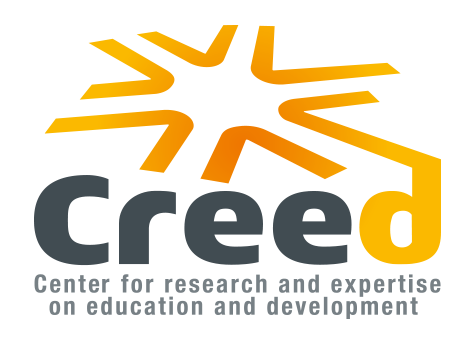
Buclet Benjamin

Benjamin Buclet holds a PhD in Socio-Economy from the Ecole des Hautes Etudes en Sciences Sociales (EHESS, Paris). Associated to LAM Laboratory, Sciences Po Bordeaux, he works as an independent researcher and consultant. Expert in design (identification and formulation), monitoring and evaluation of development projects/programs, Benjamin demonstrates an excellent knowledge of civil society and community development issues.
For about 10 years in Brazil, Benjamin coordinated and led researches and studies focused on NGOs and civil society networks. He also worked many years as external assessor on the NSA/LA call. Back to France in 2007, he joined the Institut de Recherche pour le Development (IRD), where he became Head of the Capacity Building Department. Through management of capacity-building programs supporting scientific cooperation projects, he acquired a strong expertise on project cooperation engineering. He designed, set up and coordinated from 2009 to 2013 the EC Funded project “GVal-Sécurité Alimentaire” – ACP Science and Technology Program in Niger, Benin and Burkina Faso.
Benjamin took a leave of absence in 2014 and created the Center for Research and Expertise on Education and Development (CREED), a private organization dedicated to his two centers of interest: capacity-building and development.
Associate Experts

Mireille Mourzelas is currently the head of evaluation at Cirad, the French center for international cooperation in agricultural research for development.
She has been in charge for 10 years, of the Cirad higher education unit and the scientific mobility programme, building up and coordinating training networks between research laboratories, universities and field research stations in European and tropical countries.
In France, she initiated the « International research school of Agreenium » to internationalize the doctoral studies in agricultural sciences and simultaneously she has served as vice-president of the Virtual University for Environment and Development.
Her expertise is frequently requested for monitoring and evaluation in capacity building for development, institutional support and international cooperation.
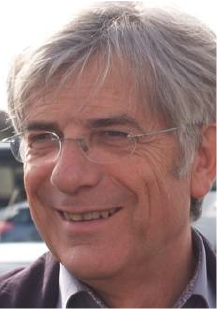
Yves DUVAL, retired Research Director of the IRD, is a biologist. He has worked in the field of plant biotechnology applied to tropical perennial species.
For about thirty years of research, mainly at CIRAD and IRD, he worked in Côte d’Ivoire, Malaysia, Indonesia and Costa Rica. He then headed a Research Unit at IRD, co-created a Joint Research Unit with INRA, CIRAD and the Montpellier-SupAgro School, and then took over as Director of the IRD’s France-South Representation and the Montpellier Research Centre in 2007. He became the IRD representative in Senegal from 2013 to 2015.
Having a good mastery of Research Management and its organization, he is now a Consultant.
Key skills:
✔ Organization consulting; team and research management
✔ Institutional change
✔ Project formulation and management
✔ Partnership and intercultural mediation
✔ Conflict management and intermediation
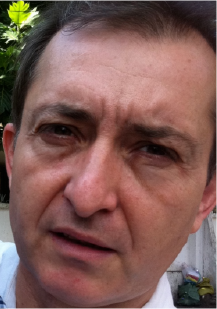
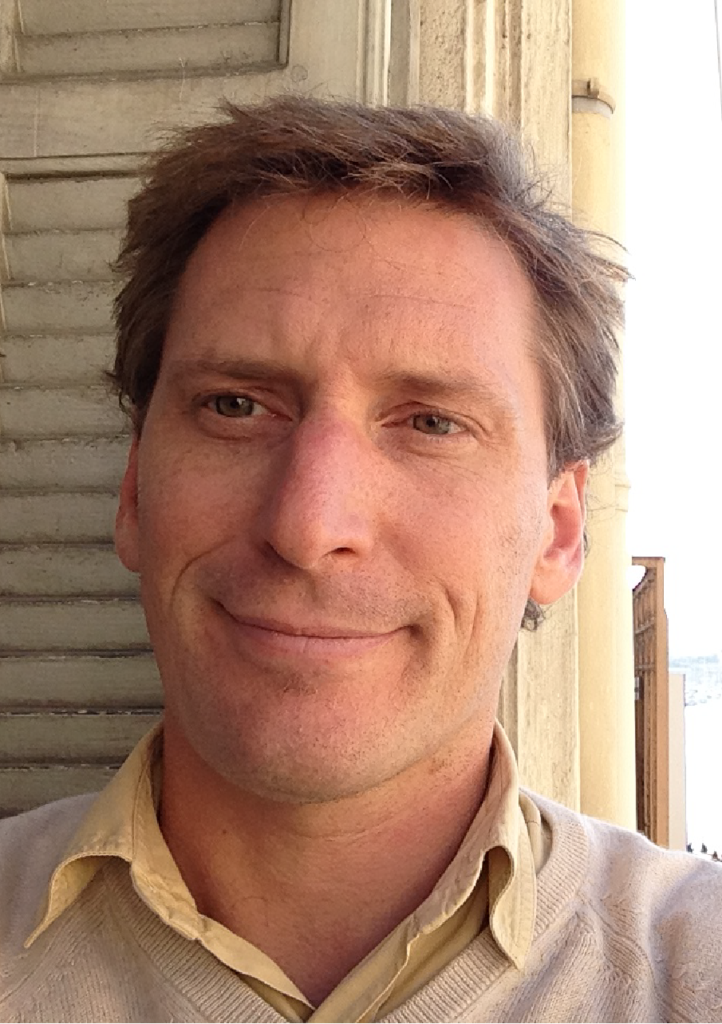
Marc Lescaudron is evaluator and trainer from Prospective et Coopération, a cooperative platform of expertise and research, which he has been managing since 2014. In this framework, he carries out consulting missions for Universities, NGOs and international organizations in Africa, the Mediterranean, Latin America and Asia.
Previously, he was in charge of capacity building programmes for local actors in West Africa, the Mediterranean and Latin America for 14 years.
Holder of a DEA in History of International Relations at the Sorbonne and the Universidade Federal da Bahia (Brazil), a Master 2 in Sociology of Development Organizations at IEDES (Institut d’Etudes du Développement Economique et Social- Paris I Sorbonne) and a Master 2 in Humanitarian Action and Law at Aix-Marseille-University, he teaches since 2007 at Sorbonne- IEDES, Institut d’Etudes Politiques of Grenoble and University of Aix-Marseille. He practices the principles of active pedagogy and masters the tools of participatory institutional analysis.
Finally, he is a founding member of the NGO SOS MEDITERRANEE and administrator of the NGOs Action Contre la Faim (ACF) France and Canada.
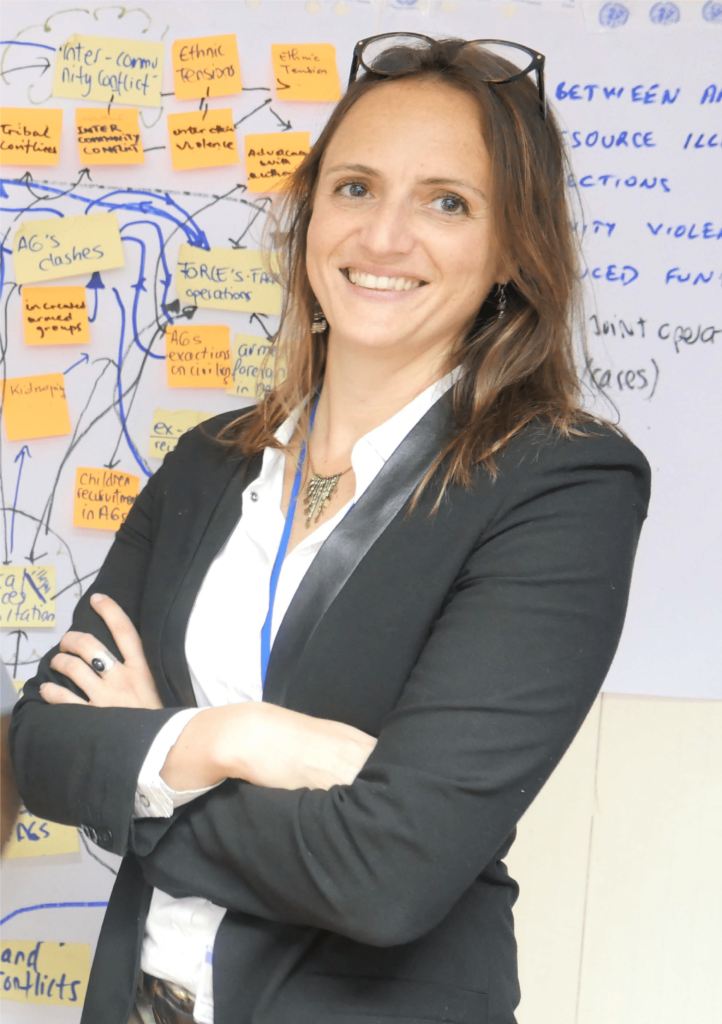
An evaluator for the last ten years, Aurélie is committed to develop new approaches to design and monitoring tools, working on collective knowledge and acknowledging the central role of contextual factors. As an independent evaluator, but also a methodologist and trainer, Aurélie has worked in dozens of countries and lived in Belgium and Indonesia. A specialist of the European regulations and policies, and of the ASEAN region dynamics, she has developed expertise in a broad range of sectors connected to good governance such as peace, electoral observation, human rights, media empowerment and civil society support. She uses the transversal skills and logic of evaluation to support donors such as United Nations agencies like the United Nations Democracy Funds (196 post projects evaluation between 2010 – 2016), the World Food program, the Office of the Human Rights Commissioner, Peacekeeping Missions in Central Africa, the Democratic Republic of Congo, Kosovo and Cyprus, but also Ministries of Foreign Affairs, French agencies and Non-governmental organizations such as Médecins du Monde and Action against Hunger Indonesia.
Aurélie holds a Master degree in political and public management (2007) that she completed with a certificate of advanced studies in Human rights (2015) from the University of Geneva and training on human rights trafficking (2013). She speaks four languages and sometimes provides translation and edition support to international organizations.
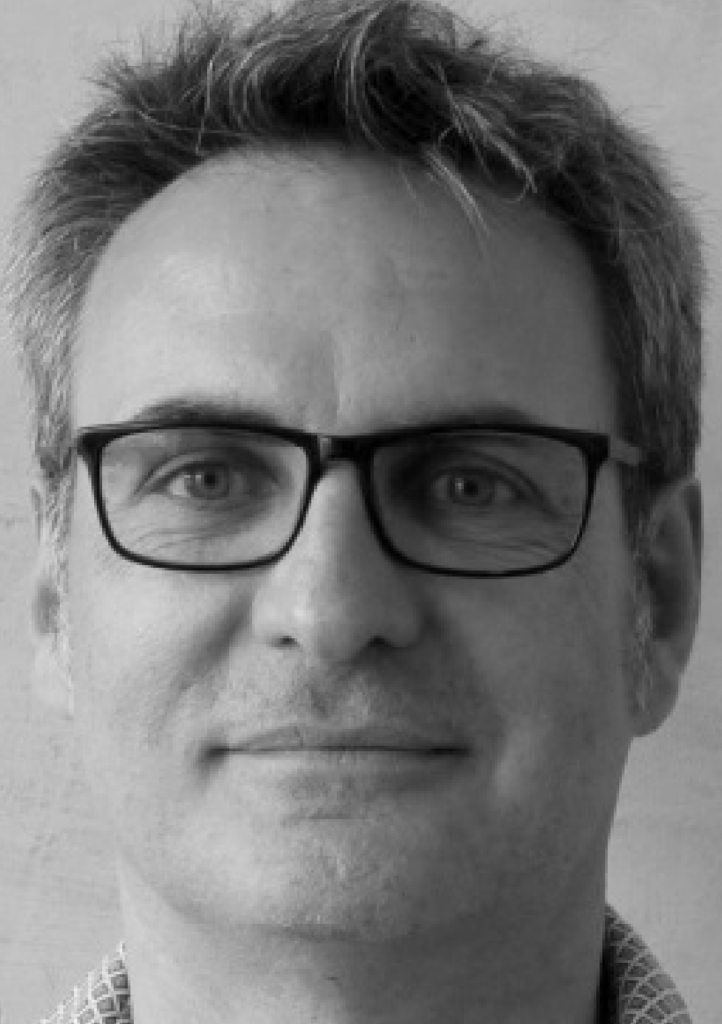
Benoit Martimort-Asso has over 25 years of experience in sustainable development. Benoit has been acting as a senior strategist, communication and science-policy expert in international negotiations on sustainable development.
Benoit is a Senior Adviser on international affairs for the United Nations Science-Policy-Business Forum for the Environment, and a regular collaborator of the Sulitest Association. He supports corporate changes and strategic positioning of private and public institutions to increase their impact and enhance SDGs integration in their visions, strategies and operations. He is involved in multiple mandates with renowned organization whereby he is supporting them in design and delivery of capacity building to accelerate the changes needed to tackle SGDs. He also integrates coaching and collective intelligence techniques into his work in facilitating sustainable development transition.
He has worked on the science-policy interfaces for research organizations in Canada and France, he led the Institute for Sustainable Development and International Relations‘s (IDDRI) communication and development policy work and established and directed the French National Research Institute for Development’s (IRD) International Affairs Department. He helps scientific teams, mainly French and African, to collaborate with international organizations and the major international and multilateral funds, especially climate funds.
He has taught international governance for sustainable development at several Canadian and French universities and has been advisor to Laurence Tubiana, director of the Sustainable Development Chair at Science Po.
Franco-Canadian, Benoit graduated in Engineering Science (UPVD), in Environment and Prevention (UdM), Environmental Science (UQAM) and followed a PhD program in International Relations (UQAM). He is also a certified coach.
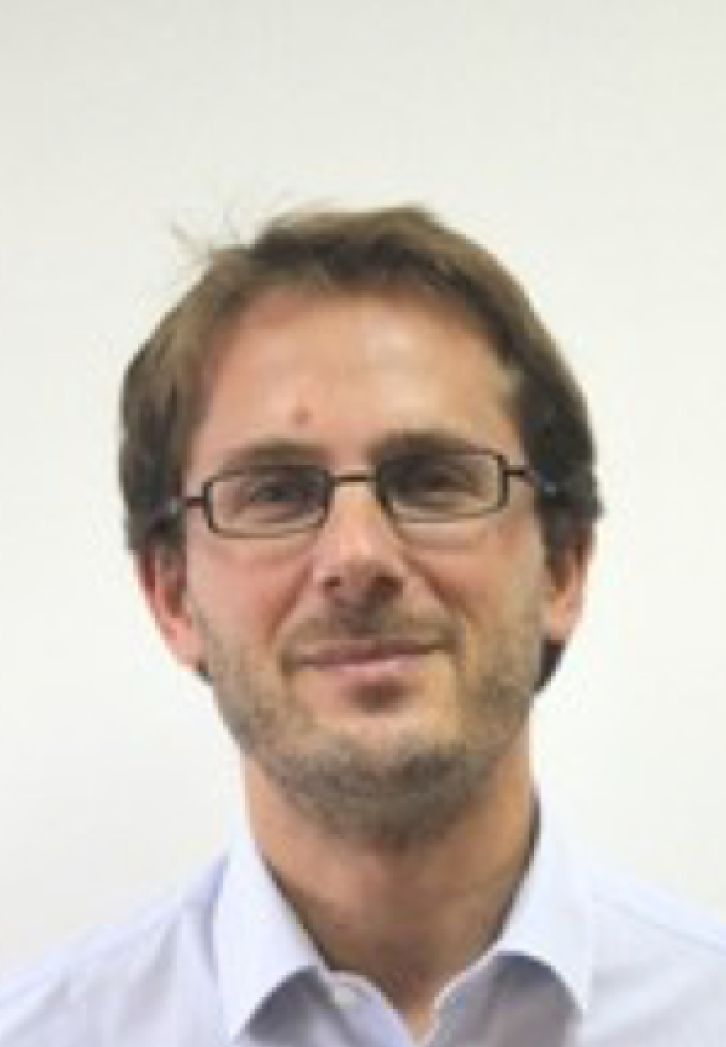
Sébastien Linden is an expert in internationalization of higher education, research and innovation.
After studies in public affairs at Sciences Po Paris and at Université Paris Dauphine and a first step of his career in communication and public relations, Sébastien Linden holds various positions at Sciences Po Paris from 2001 to 2015: Head of public affairs, Secretary General of the Doctoral School, Advisor to the President, Head of the consultancy mission for the creation of the Rabat School of Governance and Economics, International affairs manager for North Africa and the Middle East. He then moves to the French Ministry of Foreign Affairs as Head of the department of scientific and academic cooperation at the French Embassy in Israel, from 2015 to 2019.
In 2019, he founds Linden & Swift, a consulting and training firm dedicated to internationalization of higher education, research and innovation, by combining his expertise in internationalization, his knowledge of the French higher education and research system, the European higher education and research area, and the Middle East and North Africa region, his professional network in the sector, his operational capacity on the ground, and his external perspective.
He offers French and worldwide institutions : assessment, strategic advice, training, project management assistance, implementation of actions, representation with partners and clients, and integrates all the facets of International education (partnerships, study abroad, recruitment, research, alumni, industry, career services…).
He also works on innovation ecosystems, strategies of innovation in institutions of higher education and the Israeli model of “start-up nation”.
Throughout his career, Sébastien Linden has engaged in educational activities: teaching, tutoring, thesis supervision, admission jury, executive education. He regularly shares his expertise through articles and lectures.
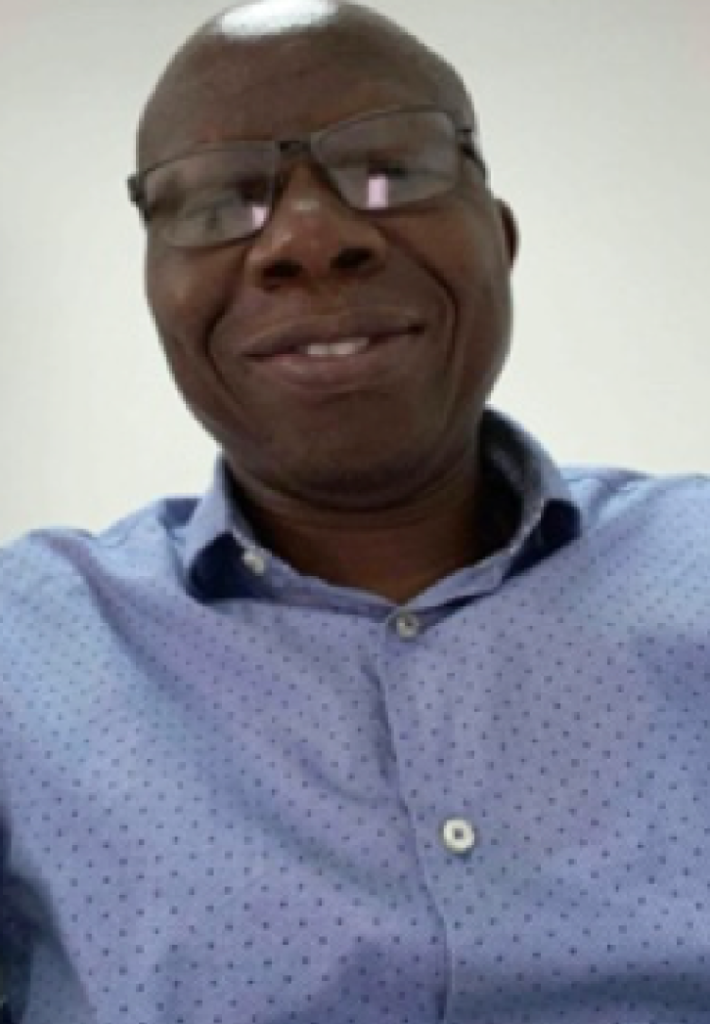
Holder of a PhD in Agronomy and Biological Engineering from the University of Liège (Belgium), Irié is Full Professor in Genetic Resources Management and Plant Breeding. He is also Director of the Doctoral School of Science, Technology and Environment of the University Nangui Abrogou and Scientific Coordinator of the National Cashew nut Research Program (PNRA) in Côte d’Ivoire.
For more than 15 years, Irié has been teaching Genetics and Bio-Resource Improvement, Statistics, and Project Writing while being a consultant in monitoring and evaluation of research and development projects for national and international institutions. Author of more than a hundred publications (+50 impact factor points, 20855 readings and 949 citations (ResearchGate), his research is mainly focused on the valorization of minor plants, with cucurbits, voandzou, cassava and cashew nuts as model plants.
With a proven scientific expertise, coupled with a solid experience in project management and monitoring-evaluation, Irié can be mobilized to carry out studies and consulting in University Training, Science, Technology and Innovation (ESTI), including Research for Development, as well as to act as a trainer.
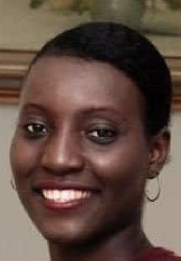
Are you interested in our activities? Would you like to share your skills and contribute to our pool of experts?
Our project
CREED strives to leverage and promote knowledge in all its forms so that individuals, groups, populations have a sufficiently detailed understanding of their natural, social, economic and institutional environment. Understanding the complexity of the world brings openness, tolerance and respect for differences. Knowledge awakens curiosity, develops humility and reveals the richness of diversity. These are the values of CREED.
For CREED, dialogue and debate are great vectors of change that reveal the implicit and give way to the individual awareness that is necessary to personal development as well as the collective action that today’s urgent contemporary challenges calls for.
